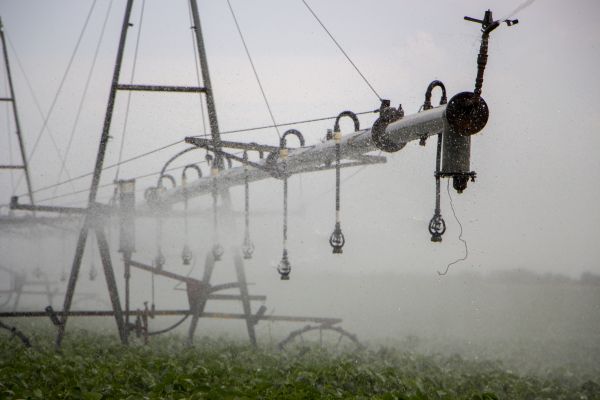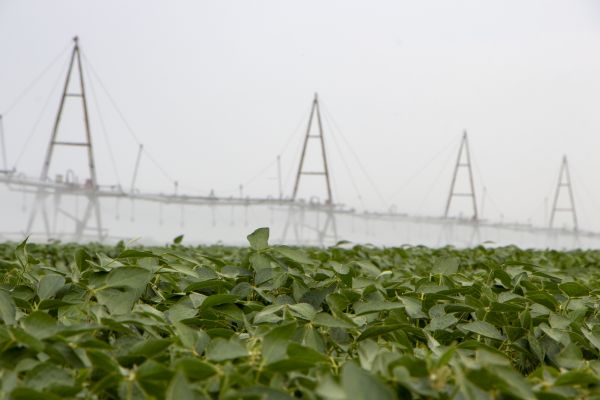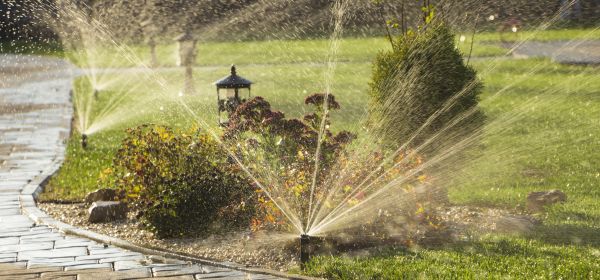Farm Irrigation Installation Service
Affordable Farm Irrigation Installation
Farm irrigation installation is a critical component for modern agriculture, ensuring that crops receive the necessary water to thrive regardless of natural rainfall patterns. This process involves setting up a system that efficiently delivers water to the fields, optimizing the growth conditions for various crops. By implementing a well-designed irrigation system, farmers can significantly enhance their yield, conserve water, and reduce labor costs. The importance of farm irrigation lies in its ability to provide consistent moisture levels, which can lead to healthier plants and more predictable harvests, ultimately contributing to the sustainability and profitability of farming operations.
Benefits of Farm Irrigation Installation
-
Increased Crop Yield
A reliable irrigation system ensures that crops receive the right amount of water at the right time, which can lead to a substantial increase in crop yield. By optimizing water distribution, plants can grow more robustly and produce more fruit or grain, enhancing overall productivity. -
Water Conservation
Modern irrigation systems are designed to use water more efficiently, reducing wastage and promoting sustainable farming practices. Techniques such as drip irrigation and sprinklers can precisely target the root zones of plants, minimizing evaporation and runoff. -
Reduced Labor Costs
Automated irrigation systems can significantly cut down the amount of manual labor needed to water crops. With technology controlling the water distribution, farmers can save time and redirect their efforts to other critical farming activities, improving overall operational efficiency. -
Improved Crop Quality
Consistent and adequate watering can lead to better crop quality. Crops that receive uniform water supply tend to have better size, taste, and nutritional value, making them more appealing to consumers and potentially increasing market value. -
Enhanced Soil Health
Proper irrigation can help maintain soil structure and health by preventing issues such as soil erosion and nutrient leaching. By ensuring that water is applied evenly and appropriately, farmers can preserve the integrity of their soil for future planting seasons.
FAQs About Farm Irrigation Installation
What types of irrigation systems are available for farms?
There are several types of irrigation systems, including drip irrigation, sprinkler systems, surface irrigation, and subsurface irrigation. The choice depends on the specific needs of the farm, crop type, and local environmental conditions.
How do I determine the best irrigation system for my farm?
Choosing the right system involves assessing factors such as the type of crops grown, soil type, water availability, and budget. Consulting with an irrigation specialist can provide valuable insights and recommendations tailored to specific farming needs.
Can irrigation systems be automated?
Yes, many modern irrigation systems can be automated using timers, sensors, and weather data to optimize water usage. Automation helps in reducing manual intervention and ensures that crops receive consistent watering.
What maintenance is required for an irrigation system?
Regular maintenance includes checking for leaks, cleaning filters, and ensuring that nozzles and emitters are functioning correctly. Periodic inspections can help identify and resolve issues before they affect crop health.
Ready to enhance your farm's productivity and sustainability? Fill out the contact form today to request Farm Irrigation Installation. Experience the benefits of increased crop yield, water conservation, and improved crop quality with professional installation.




